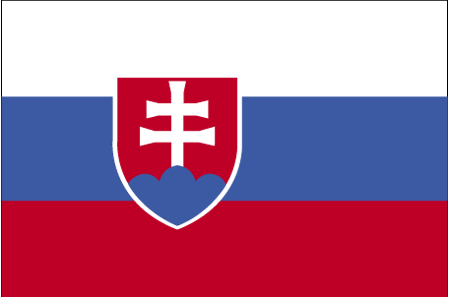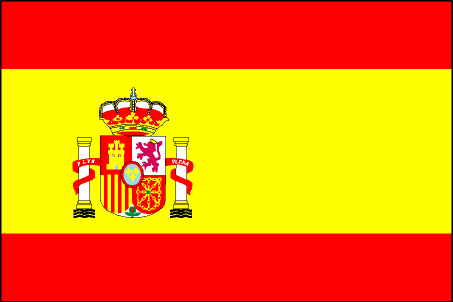Login form
Regional customs and habits
Customs of Senegal
Marriage and Family
 Traditionally, marriages are arranged by the family, but in urban areas, individual choice of marriage partner has become more common. Senegalese are often encouraged to marry early, although it has become acceptable for college students to wait until they finish school. Some Muslims practice polygamy. Islamic law permits a man to have up to four wives, provided he can care for each equally and has the consent of the other wives.
Traditionally, marriages are arranged by the family, but in urban areas, individual choice of marriage partner has become more common. Senegalese are often encouraged to marry early, although it has become acceptable for college students to wait until they finish school. Some Muslims practice polygamy. Islamic law permits a man to have up to four wives, provided he can care for each equally and has the consent of the other wives.
Customs of Slovakia
Marriage and Family
 Men generally marry between the ages of 23 and 26, and women about three years earlier. Traditionally, before considering marriage, a woman’s family had to craft a set of feather beds for her, her future husband, and their first child. On the day of the wedding, the groom would go to the bride’s home, but before the bride was sent outside, several decoys would be sent to trick him. After the ceremony, the bride’s headdress would be replaced with the traditional cap of a married woman. Today, most Slovak weddings involve church ceremonies. The reception afterward lasts until morning and the celebrations may go on for days. The groom carries his bride over the threshold of their new home. Because of a housing shortage, many newly married couples initially live with one set of parents.
Men generally marry between the ages of 23 and 26, and women about three years earlier. Traditionally, before considering marriage, a woman’s family had to craft a set of feather beds for her, her future husband, and their first child. On the day of the wedding, the groom would go to the bride’s home, but before the bride was sent outside, several decoys would be sent to trick him. After the ceremony, the bride’s headdress would be replaced with the traditional cap of a married woman. Today, most Slovak weddings involve church ceremonies. The reception afterward lasts until morning and the celebrations may go on for days. The groom carries his bride over the threshold of their new home. Because of a housing shortage, many newly married couples initially live with one set of parents.
Customs of Spain
Marriage and Family
 Many people still seek parental approval before marrying, and long engagements are common while couples save enough money to start married life in their own home. The average age for men to marry is 27, while women generally marry between the ages of 20 and 24. The divorce rate is low.
Many people still seek parental approval before marrying, and long engagements are common while couples save enough money to start married life in their own home. The average age for men to marry is 27, while women generally marry between the ages of 20 and 24. The divorce rate is low.
Today Spanish families tend to be small—the country has one of the lowest population growth rates in the world. Links with the extended family remain close. The husband is traditionally considered the head of the household, and the wife is responsible for caring for the house and children. Today, however, many women living in urban areas work outside the home.
Customs of Somalia
 Marriage and Family
Marriage and Family
Arranged marriages are common, and brides in these cases are often much younger than the grooms. Marriage to a cousin from the mother’s side of the family (of different lineage) has traditionally been favored as a way to strengthen family alliances. With the country’s social fabric upset by war and families spread around the world, this practice has been somewhat disrupted. In the midst of clan warfare, people have tended to trust members of their own clan for marriage.
Customs of Sudan
Marriage and Family
 A marriage represents the joining of two families, and its arrangement concerns all members of both families. Such arrangements, however, are rarely made without the approval of the potential spouses.
A marriage represents the joining of two families, and its arrangement concerns all members of both families. Such arrangements, however, are rarely made without the approval of the potential spouses.
The traditional Sudanese family is strongly patriarchal. Three generations of males and their spouses and children usually live in the same household, although in cities such as
